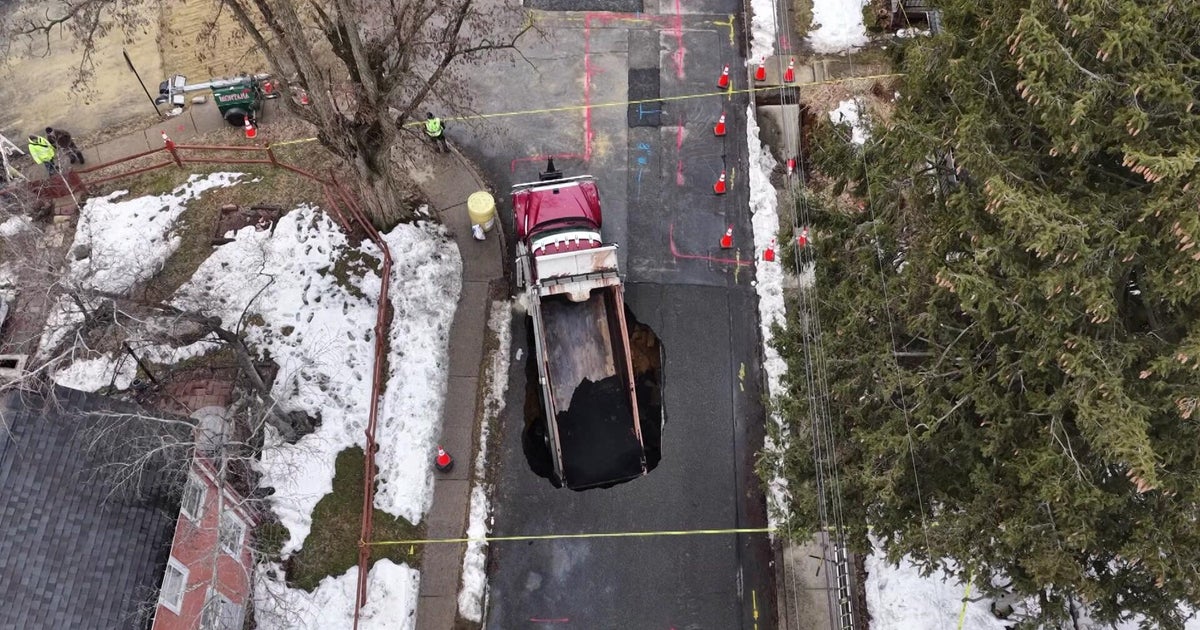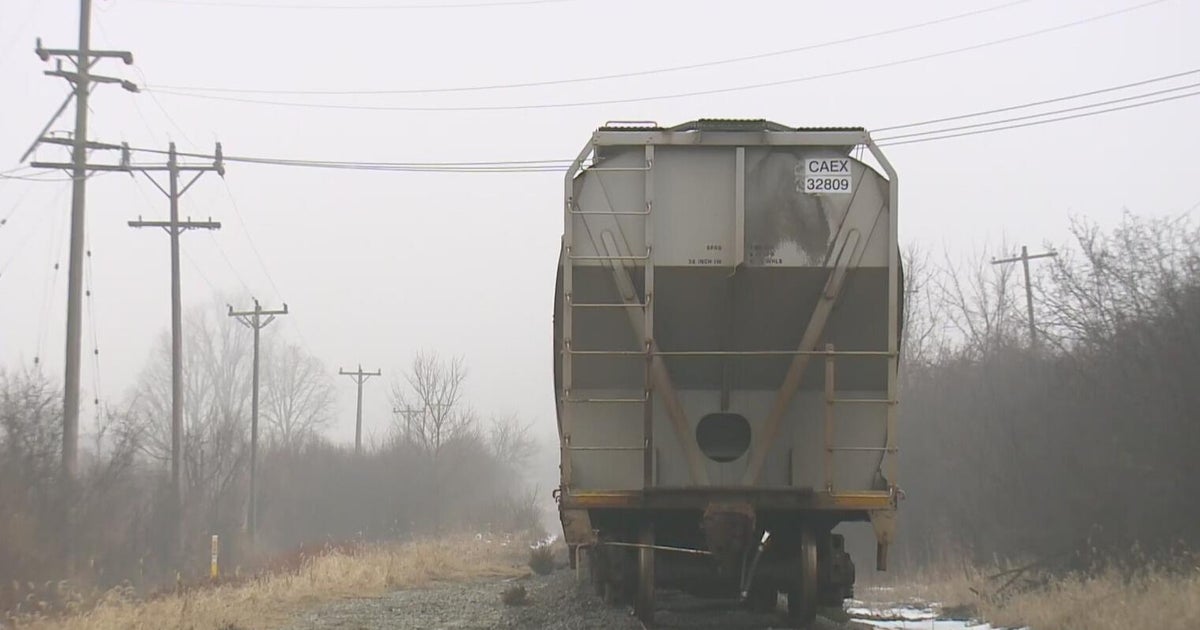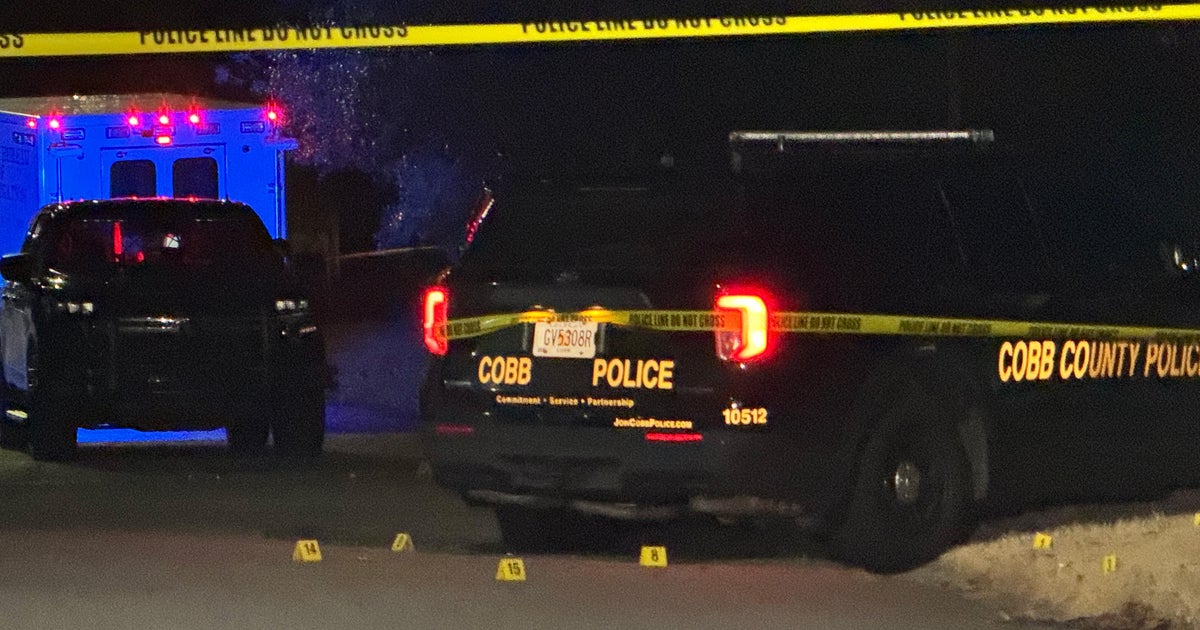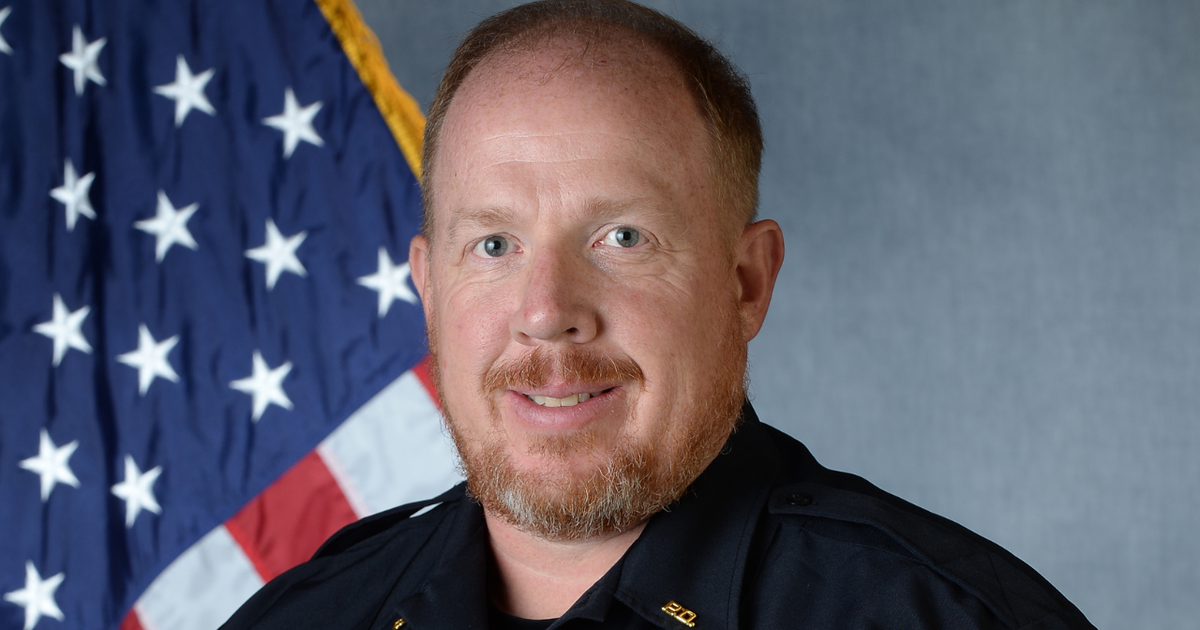East Palestine teaches people to be prepared, Allegheny County's emergency manager says
EAST PALESTINE, Ohio (KDKA) -- In a matter of minutes, the lives of the people of East Palestine were forever changed with a derailment, a conflagration of fire followed by a toxic plume, putting the future of the town and the long-term health of each resident in jeopardy. The lesson for the rest of us is to be prepared.
"The general view is 'it can't happen to me.' It can happen to you and it may happen and what have you done to plan and prepare for that?" said Matthew Brown, Allegheny County's chief and fire marshal.
The American economy depends on the transport of fuel and chemicals from place to place. Many are highly toxic and/or highly explosive. And every mode of transporting them -- whether that be train, truck, plane or pipeline -- runs the risk of an accident from minor to catastrophic. Emergency managers like Matt Brown say they have no choice but to prepare for the worst.
"The best preparation is to prepare for everything because we don't know what we don't know. But we do know what the potentials are," he said.
To that end, the county coordinates with emergency managers and first responders in each town and drills with HAZMAT teams on deployment in the event of a chemical accident. Those first responders travel to Pueblo, Colorado, to learn responses to each type of chemical fire, spill or explosion.
And that training has paid off considering two of Pennsylvania's three costliest HAZMAT incidents in the last decade happened in our region. A rail incident in Vandergrift in 2014 resulted in $4.5 million in property and environmental damages. And one in Harmar in May of last year resulted in $30 million in damages, including the spill of thousands of gallons of crude into the Allegheny River.
"Harmar's great example where the local response -- police, fire and EMS -- came together, created a safety zone, evaluated what their hazard was, reacted to that to the level that they could," Brown said.
Even before county HAZMAT arrived local officials had cleared the area, identified the fuel and worked to stop the spill. The county deployed booms in the river to contain the damage and supplied accurate information to the public through the media.
But Brown says this kind of preparedness should apply to all of us. Are you prepared to be evacuated? What about a loss of power? Do you have a meeting point with members of your family if there's no cell service?
Sheehan: "This isn't being paranoid?"
Brown: "No. I just think in general, whatever the emergency or disaster is, whether it be Mother Nature, whether it be transportation issues, there are things we can do as residents to better ourselves individually."
Brown recommends having a plan and having supplies. If your car has no inverter, consider buying a generator. Have backup supplies of water. Storing food is less important in the short term.
Many people evacuated in East Palestine discovered they left in such a hurried panic that they forgot their meds. For this and other reasons, Brown recommends each person have a "go bag" of supplies ready to take on the run.
"Every resident can do this to plan and prepare from the simplest emergency to the greatest disaster. What are the things I can do to minimize that impact to me?'" he said.
And so the takeaway to everyone from emergency managers to members of the public is the old Boy Scout motto of "be prepared." As long as chemicals are being moved from here to there, these accidents can and will happen. And everyone needs to be ready.







